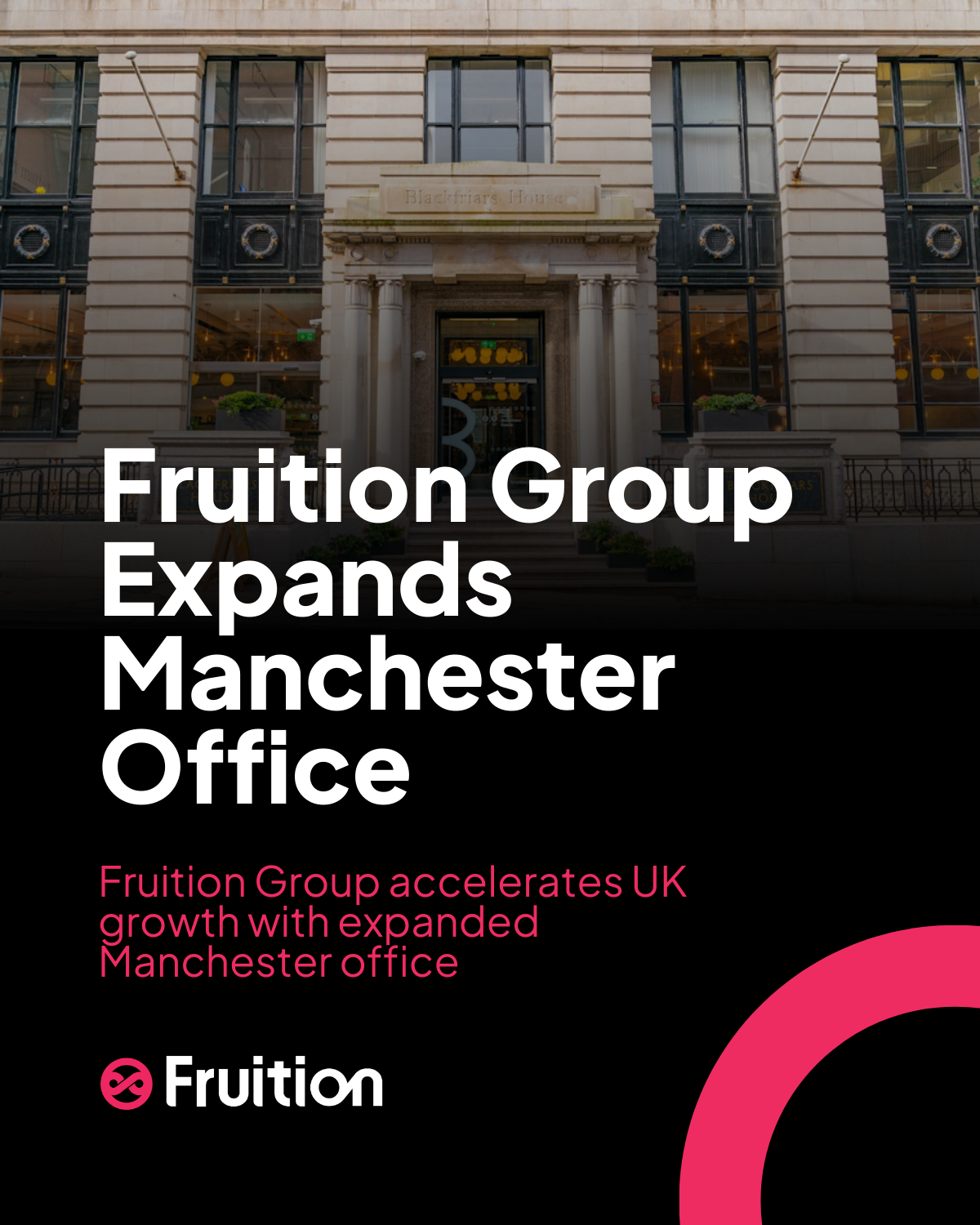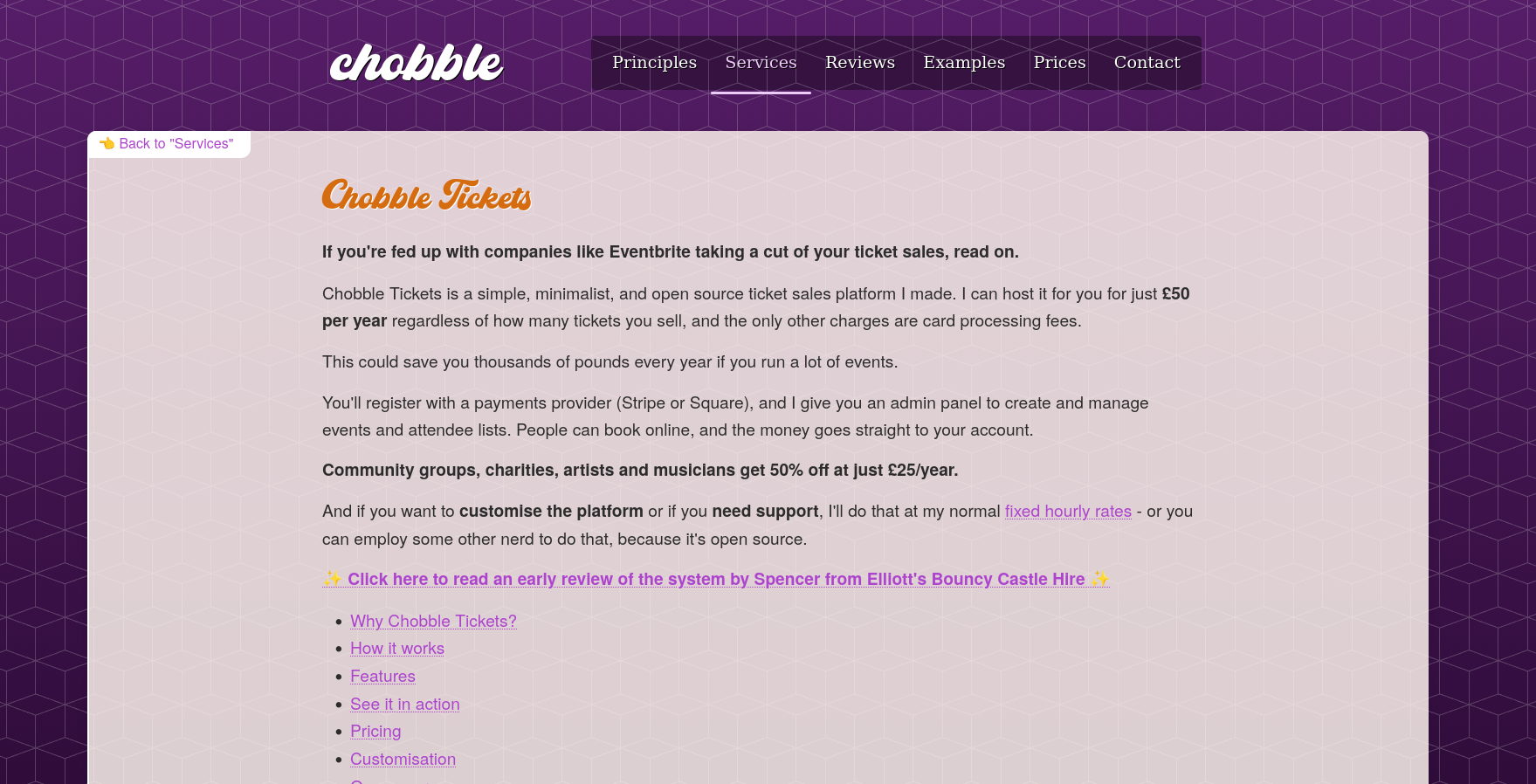
At Manchester Digital, we like to interview our members to find out a bit more about what they do and their work in the Greater Manchester digital and technology sphere. This week, we're speaking with Mark Armstrong , Director of Modern Workplace at InTEC.
How can Microsoft Copilot help businesses reduce time spent on routine tasks and improve overall productivity?
Copilot has been designed to try and eliminate a lot of the drudgery that comes with work. This could be by summarising a long email chain and helping you prepare a reply, creating notes from a meeting transcript, converting a word document into a presentation, finding information stored deep within SharePoint about a contract a customer signed last year and a myriad of other tasks. It’s essentially a digital PA ready to find and/or summarise content and write new content for you and all surfaced right within the apps most businesses use on a daily basis (Teams, Word, Outlook, PowerPoint etc.)
Why should organisations with 30+ employees prioritize early AI adoption, and how can Copilot support smooth transitions during this process?
We see AI (whether that be Copilot, Gemini, ChatGPT or another tool) as a tool that all businesses will come to rely upon in the way they do email and the internet. By adopting early, you gain a similar advantage to early adoptors of these tools. As we say at inTEC, be a Netflix, not a Blockbuster. Also, studies have shown that over 70% of today's workforce is already using AI in their job. By giving their staff Copilot, businesses can be sure that their company data isn’t being shared anywhere it shouldn’t be, a claim that other AI tools can’t necessarily make.
What impact do you think Copilot’s capabilities in document creation, data analysis, and communication can have on business efficiency and decision-making?
I realise that AI is often overblown in its capabilities (although every day it gets that bit closer to matching even the loftiest expectations) but there is no doubt in my mind that’s it can have a big impact. Copilot won’t be able to necessarily write a client ready document out of the box but it will be able to give a user a big headstart and with a combination of good prompting and it learning from the user, that headstart will get bigger and bigger. Data analysis is something Copilot (and all AI tools) are amazing at. Their ability to take structured and unstructured data and make sense of it (or allow a user to make sense of it using prompts) is modern day witchcraft. Most businesses are sat on huge amounts of data but don’t have the tools to properly analyse or interrogate it. Copilot can do this job with aplomb. This is turn will allow businesses to make decisions based on real data from multiple places. Something lots simply can’t do easily at present. When it comes to communication, this is still very much one for the humans I think but its ability to do write emails or tailor existing ones is good and getting better.
How can Microsoft Copilot support teams in focusing on higher-level tasks by automating mundane activities, and why is this important for employee satisfaction?
Copilot Agents and Copilot Studio are tools that businesses can use to automate business processes alongside non Copilot tools like PowerAutomate. More and more businesses are using these tools to allow AI to answer questions that they may have previously had to answer themselves (e.g. a HR bot that can tell a user what the holiday policy is, a Safety bot that can advise an engineer on what they need to check when they go onsite etc. meaning that the people that would have otherwise been responsible for dealing with these requests are left to do more interesting tasks!
How can businesses ensure their teams are fully equipped to utilize AI tools like Copilot effectively, and why is training and support crucial for successful integration?
The more business data Copilot has access to, the better its responses. As such, a business looking to utilise Copilot should endeavour to have its data in a Copilot accessible place. The easiest way to do this is to have it in Microsoft location like SharePoint, Teams, OneDrive and Exchange Online. Training is often overlooked by businesses but is crucial. Copilot for Microsoft 365 (the paid version of Copilot) isn’t cheap so training users on how to use it effectively is something we see as vital in order for businesses to get the most from their investment. That way, users can quickly get up to speed with what Copilot can be used for and how to maximise it’s effectiveness through prompt engineering.
Why is it important for businesses to invest in AI tools like Copilot now, even if they are just beginning to adopt AI?
AI can help many facets of a business from the small (rewriting an email) to the large (automating an entire business process) so ignoring it just doesn’t make business sense. In the 90’s some companies embraced email and the internet while others didn’t. I’d hazard a guess that far more of those that did are around today compared to those that didn’t. I believe AI is internet and email levels of change when it comes to technology and those that adopt it early will benefit the most from it by gaining an advantage over their competitors.
What long-term benefits do you see for businesses that fully embrace Microsoft Copilot, especially in terms of innovation, efficiency, and competitive advantage?
It totally depends on the business but, in general, a company embracing Copilot should see some pretty significant efficiency gains as a minimum with a recent study showing that the average Copilot users saves 2hrs a week by using it and thus freeing their time up to provide more value to their business.
As companies become more comfortable with Copilot they can start branching out into more advanced applications of the technology and that could have a huge impact. Imagine an AI being able to handle 80% of your customer service queries for example or an AI agent that can automate the onboarding of new employees. With tools like these in place companies can become more innovative and gain a competitive advantage either directly from the technology or simply because their staff have more time to be innovative.
How can Microsoft Copilot bridge the technology gap between SMEs and larger organizations, particularly in operational efficiency?
Whether you are 1 person business or a 10,000 person, Copilot works the same for each so it’s effectiveness isn’t necessarily down to budget (albeit more bespoke applications of the technology would incur a development cost) but usage and knowledge. As such, an SME that invest the time to learn how to best operate Copilot and cascades it through their organisation could quickly gain operational efficiencies that could take many more months in a large organisation to bed in.
How can Copilot enhance team collaboration and communication within organisations, making them more agile and responsive to change?
Copilot is a very effective PA and that means it can really enhance collaboration and communication as it can remind you about messages you may have missed, help you prepare for a meeting and create (or coach on) content like Teams messages and Emails. I’m not sure I’d go so far as to say it can make a team more agile or responsive to change but it can certainly help them better understand changes that are being made by acting as a knowledge base for such things.
Why do you think businesses should adopt a mindset of continuous innovation and improvement with AI tools like Copilot to stay competitive in the future?
Continuous innovation is vital for businesses to stay competitive in a rapidly evolving market. AI tools like Microsoft Copilot streamline processes, enhance collaboration, and drive efficiency, freeing teams to focus on high-impact tasks. By automating workflows and bridging expertise gaps, Copilot benefits both small and large organizations equally, fostering agility and adaptability.
Businesses that embrace AI are better poised to meet future challenges and customer demands, securing their relevance in the market. Ignoring such advancements risks falling behind, much like Blockbuster's failure to adapt to digital streaming. AI represents a transformative leap forward, on par with the internet, and must be embraced to ensure long-term success.
Thank you Mark!
Find out more about inTEC here.





